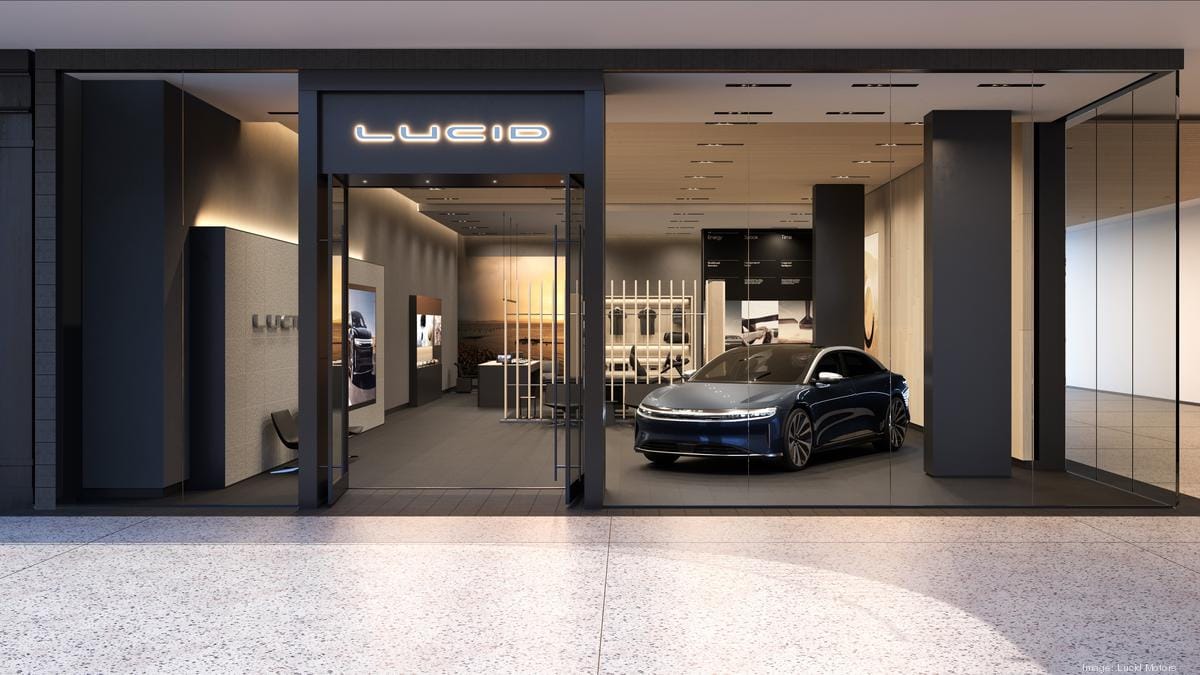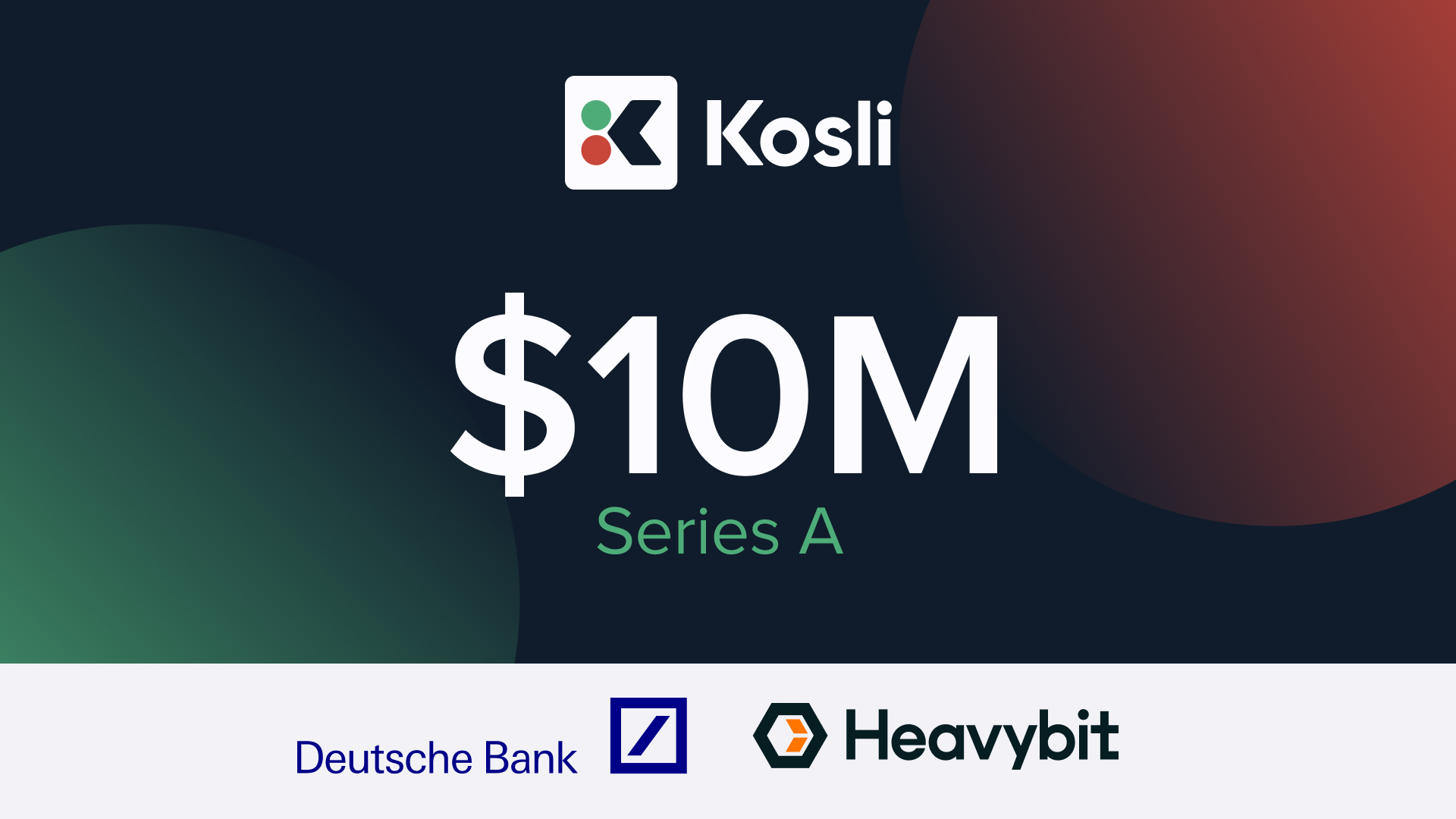Key Takeaways:
I. The Lucid Air Pure's competitive price point challenges the notion that luxury EVs must command exorbitant premiums.
II. Strategic trade-offs in performance and features differentiate the Air Pure from higher-priced competitors, demanding careful consideration by potential buyers.
III. The Air Pure's success hinges on Lucid's ability to scale production, build brand recognition, and navigate the competitive landscape dominated by Tesla.
Lucid Motors has made a bold move with the 2025 Air Pure, offering a luxury EV at the surprisingly accessible price of $69,900. This strategic undercut positions the Air Pure as a direct competitor to established players like Tesla, Mercedes-Benz, and BMW, potentially sparking a price war and reshaping the luxury EV landscape. This article delves into the technical innovations, strategic implications, and potential market disruptions triggered by the Air Pure's arrival, providing a data-driven analysis for discerning investors and industry experts.
Technical Innovations and Trade-offs: Balancing Performance, Luxury, and Affordability
The Air Pure's single-motor, rear-wheel-drive configuration, producing 436 hp and 400 Nm of torque, contrasts with the dual and tri-motor all-wheel-drive setups found in higher-priced competitors like the Tesla Model S Plaid (1020 hp). While Lucid emphasizes efficiency, this power differential is substantial. For instance, the Model S Plaid achieves 0-60 mph in under 2 seconds, while the Air Pure takes 4.5 seconds. This performance gap will be a deciding factor for buyers prioritizing speed and acceleration. (Source: EVKX, Tesla website)
Lucid's likely use of LFP battery chemistry in the Air Pure aims to balance cost and range. While LFP batteries are less expensive ($75/kWh in H1 2024 compared to $100/kWh for NMC in 2023) and offer greater longevity, their lower energy density can limit range. Lucid's estimated 400-mile range for the Air Pure suggests they've mitigated this to some extent, but real-world testing is needed. Tesla's 4680 cells and vertical integration in battery production provide a long-term cost and performance edge.
Cost optimization is evident in the Air Pure's interior. While maintaining a luxurious aesthetic, Lucid likely utilizes synthetic materials instead of the premium leather and wood found in higher-end models. This approach allows for a lower price point but may impact the perceived luxury and overall quality feel, crucial factors in this segment. Tesla, while embracing minimalism, tends to incorporate higher-quality materials in its interiors.
Lucid's vertically integrated manufacturing approach aims to control costs and quality, but its limited production capacity (2,781 deliveries in Q3 2024) presents a significant challenge. Tesla's Gigafactories and established supply chains enable vastly greater production volumes and economies of scale. This scale advantage allows Tesla to meet demand more effectively and potentially engage in price competition more aggressively.
Strategic Implications: Navigating the Competitive Landscape
The Air Pure's $69,900 price point significantly undercuts competitors like the Tesla Model S, which starts around $88,490. This aggressive pricing strategy aims to capture market share from established players and expand the luxury EV market to include more price-sensitive buyers. However, Tesla's brand recognition and market leadership pose significant challenges to Lucid's ambitions.
The Air Pure's pricing could trigger a price war in the luxury EV segment. Tesla, with its greater production capacity and cost advantages, has the flexibility to respond with price adjustments of its own. Such a scenario could benefit consumers in the short term but potentially squeeze profit margins for all manufacturers involved. Lucid's ability to withstand a price war will depend on its ability to scale production and control costs.
Lucid's long-term success hinges on its ability to scale production significantly. Its current production output is dwarfed by Tesla's, limiting its ability to meet potential demand and achieve economies of scale. Tesla's established manufacturing infrastructure and supply chains give it a distinct advantage in this regard.
The luxury EV market is becoming increasingly competitive, with established automakers like Mercedes-Benz, BMW, and Audi introducing new electric models. The Air Pure's entry further intensifies this competition, potentially leading to faster innovation and a wider range of choices for consumers. Lucid must differentiate itself not only on price but also on technology, design, and brand experience to thrive in this crowded market.
Consumer Perceptions and Brand Building: The Challenge for Lucid
While the Air Pure offers a compelling value proposition, Lucid faces the uphill battle of building brand awareness and loyalty in a market where Tesla enjoys significant mindshare. Positive initial reviews of the Air Pure's performance and luxury features are encouraging, but Tesla's established brand, Supercharger network, and reputation for innovation remain strong selling points.
Price is a significant factor, but not the sole determinant, in luxury car buying decisions. Brand prestige, performance, features, technology, and the overall ownership experience all play a role. Lucid needs to cultivate a strong brand identity and offer a compelling ownership experience that justifies its price point, even if it's lower than established competitors. This includes developing a robust charging infrastructure and providing excellent customer service.
The Road Ahead: Lucid's Disruptive Potential and Tesla's Continued Dominance
The Lucid Air Pure's arrival marks a significant moment in the luxury EV market. Its competitive pricing and compelling features inject much-needed competition, potentially accelerating innovation and expanding the market to a broader consumer base. However, Tesla's substantial advantages in production scale, technology, brand recognition, and charging infrastructure remain formidable. While the Air Pure could attract price-sensitive buyers and gain a foothold in the market, Tesla's continued innovation and aggressive expansion suggest its dominance is unlikely to be seriously challenged in the near term. Lucid's long-term success depends on its ability to execute flawlessly on production, build a strong brand identity, and offer a compelling ownership experience that resonates with luxury car buyers.
----------
Further Reads
I. Spec Check: Tesla Model S vs. Lucid Air vs. Mercedes-Benz EQS | Edmunds
II. Lucid Air vs Tesla Model S vs BMW i7 vs Mercedes EQS group test review
III. 2025 Lucid Air Pure: Record Efficiency, More Gear, Same Price









